The 1976/77 season saw Liverpool FC crowned Kings of Europe for the first time; a culmination of the work by Bill Shankly and Bob Paisley. Jeff Goulding tells the full story.
It’s 25 May 1977 and Bob Paisley has driven his red juggernaut across Europe. He leads a Liverpool team that has already been crowned champions of England and now they are at the gates of Rome, ready to become European royalty.
The streets of the eternal city are shaking beneath the feet of a great red tide. The city of Liverpool has witnessed an exodus not seen since the war, and it’s people have mounted a continental invasion of epic proportions.
On planes and trains and battered automobiles, they had come, their red and white chequered flags fluttering behind them in the Italian breeze.
Liverpool supporters took over the capital, danced in the fountains and their banners adorned the ancient ruins, as they drank the bars and restaurants dry.
Legend has it, that the man who would become the Reds most decorated manager, upon surveying the sights of the eternal city turned to his charges and simply observed, “The last time I was here, I was on the back of a tank.”
Paisley, part of the fabric
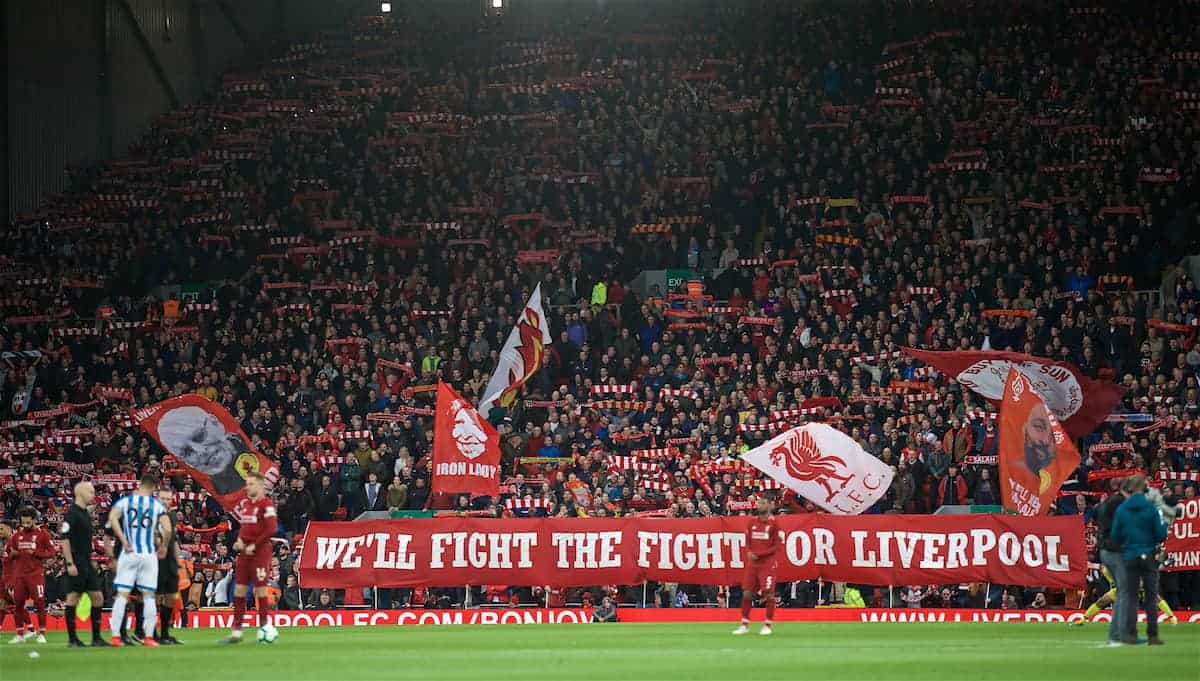
In recent times, Kopites have carried a great banner onto the famous old stand that declares, ‘We’ll fight the fight for Liverpool’.
At the height of the 1970s, Liverpool had a manager who had literally done that: on battlefield, the pitch, in the bootroom and now the dugout. Bob Paisley had seen active duty in World War II. He’d fought alongside Liverpudlians and forged a timeless bond with them.
When he eventually returned from battle, he fought to win the club’s first league title in 25 years, in 1947. And he would help them to their first FA Cup final in 46 years, in 1950, only to be denied a starting place at Wembley.
When Bill Shankly stunned the people of the city and the world of football by resigning in ’74, it had been his number two, Paisley, the board had turned to.
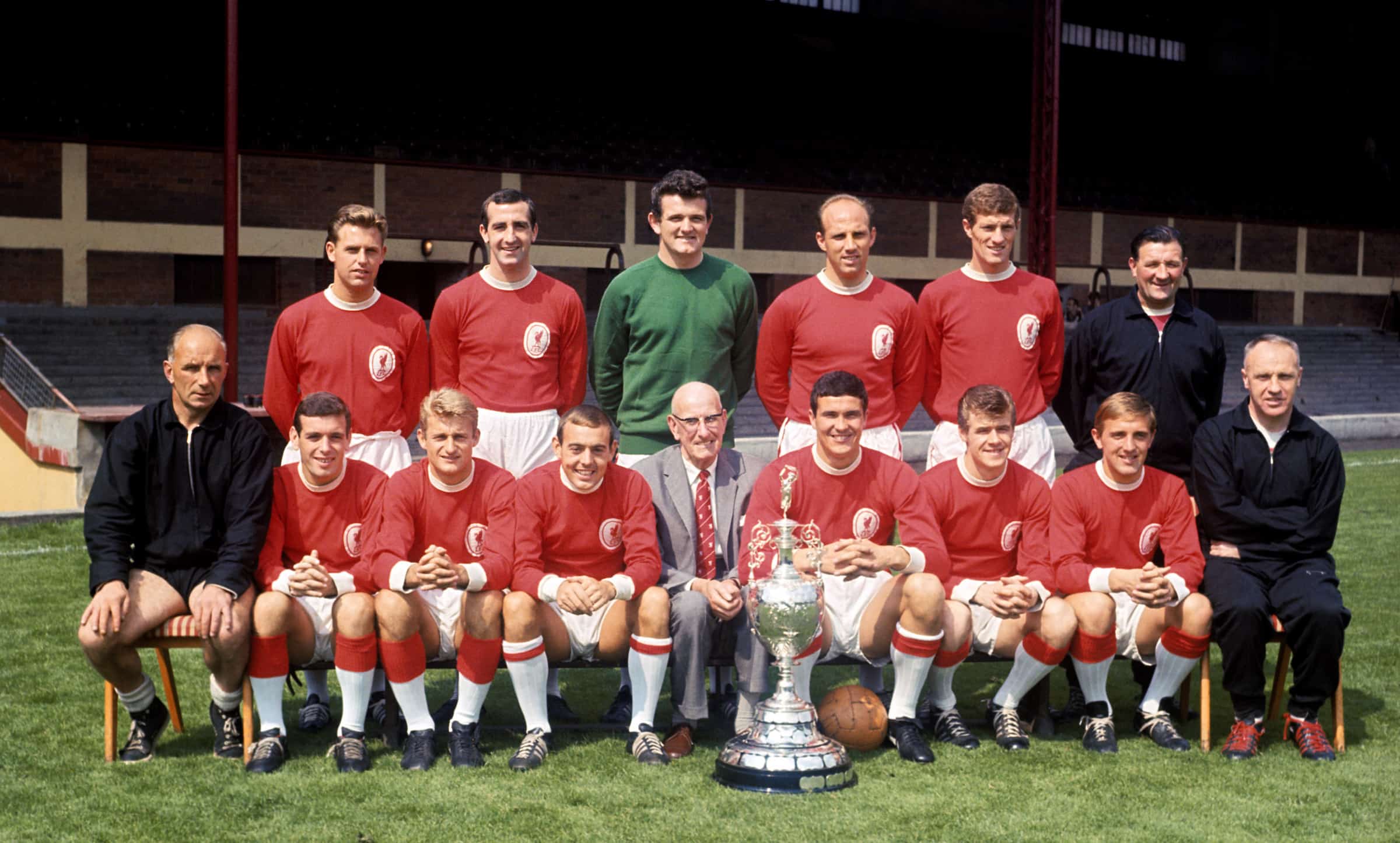
He didn’t want the job, he turned it down several times. However, after Peter Robinson practically manhandled him, he reluctantly agreed.
He told the players, “I suppose I better give it a go.” In private, he always believed Shankly would change his mind, and his would be a caretaker role.
Bob would be no caretaker manager. He may have been born in Hetton-Le-Hole, but he was as much a part of the Liverpool fabric as the Liver Birds that adorn our iconic skyline. He had been a player, a physio, an assistant manager and now the boss.
His ambition had been to simply maintain standards. Instead, he would elevate the club to a whole new level. As he stood on the cusp of clinching Liverpool’s first ever European Cup, he had already delivered two league titles and the UEFA Cup in just three years.
He was far from finished, but how had he got here?
Beginnings and omens
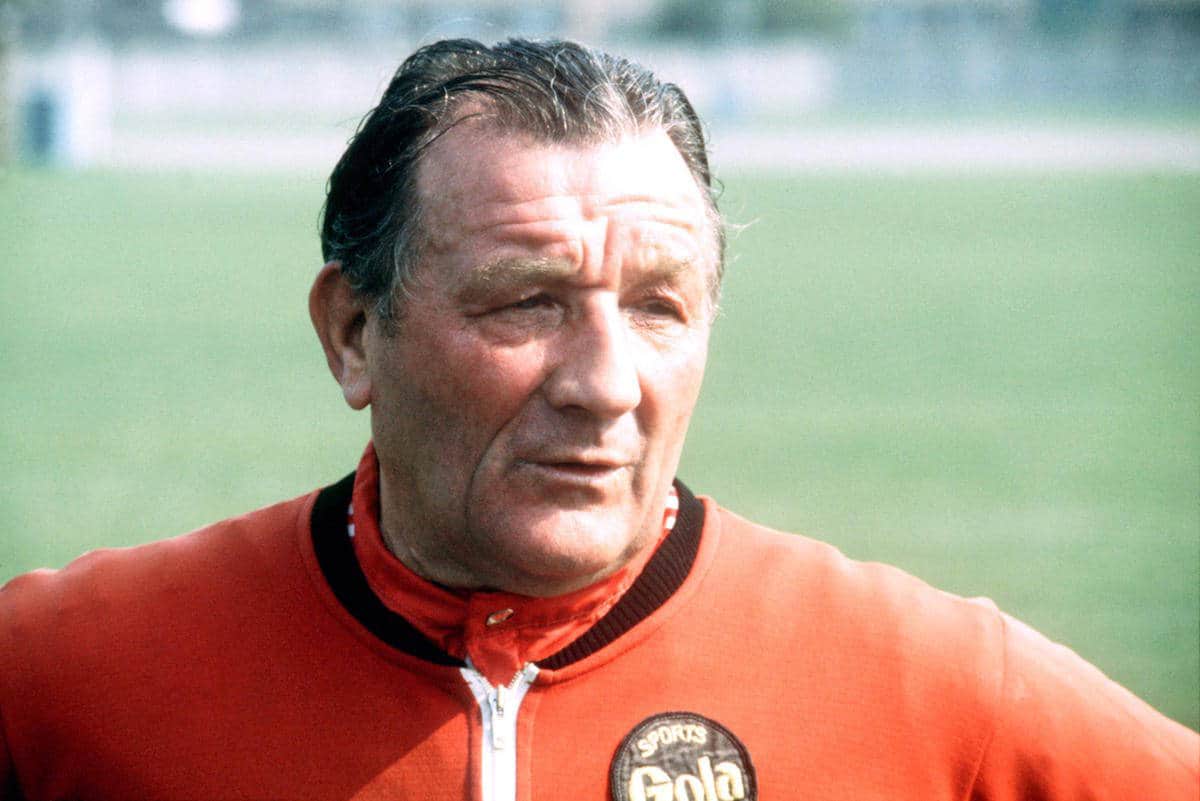
The 76/77 season began with a Charity Shield curtain-raiser against Southampton and a home game against Norwich. Those with an eye for history and who believe in omens will no doubt have been delighted when the new 19/20 fixture list was announced.
If the Reds have half the success that Paisley’s men enjoyed after those two opening games, we’ll all be deliriously happy come May.
Before the season got underway, Reds fans had said goodbye to Brian Hall and Peter Cormack. They would also come to learn that this would be Kevin Keegan’s last season for the club. he would leave in June ’77, for SV Hamburg.
Arriving at Anfield that season were striker David Johnson and a man who would become one of Liverpool’s greatest-ever centre-backs, Alan Hansen, who joined in May. The two men had cost a combined £300,000 and would join a squad brimming with talent.
Players like Ray Clemence, Phil Neal, Emlyn Hughes, Tommy Smith, Ian Callaghan, Phil Thompson, Steve Heighway, Ray Kennedy, Jimmy Case, Terry McDermott, David Fairclough, Keegan and Toshack would all go on to enjoy legendary status with the club’s legions of supporters.
A hallmark of the Paisley era was his judicious moves in the transfer market.
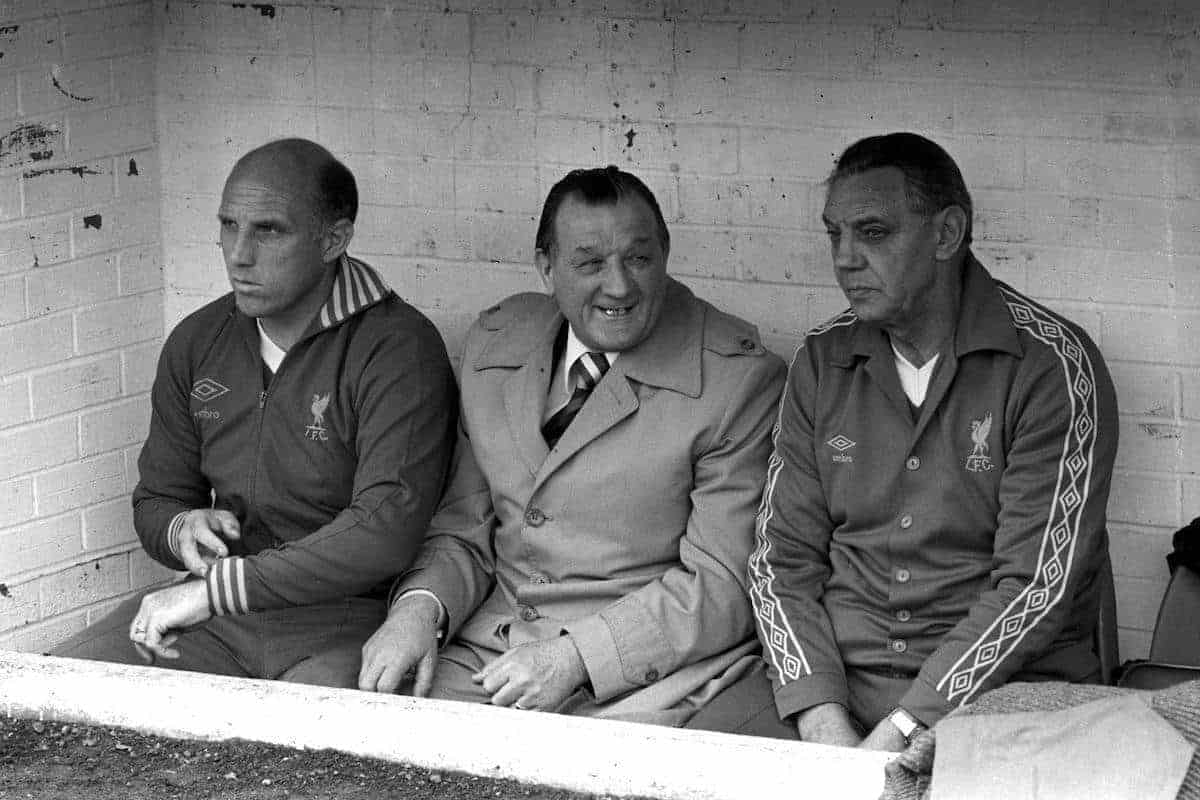
Paisley had an eye for a ‘Liverpool player’. They had to be skilled, but they also had to have a football brain. If they didn’t have both they would be found out very quickly and moved on. Throughout that period, Liverpool simply added one or two players every season.
With only one substitute allowed in a game, anyone joining the Reds would often have to content themselves with a couple of years learning their trade in the reserves. Scousers in the 70s would often joke: “Why won’t the Pope come to Liverpool?” The punchline being, “because he doesn’t want to spend two years in the reserves.”
It was a tactic that kept everyone hungry and ensured that Liverpool could simply top-up the talent pool every so often, without the need for wholesale change year on year. And it would deliver unparalleled success over decades.
In August ’76, the country was gearing up for a period of industrial strife, thousands of Catholic and Protestant women were demanding peace in Northern Ireland and much of the south of England was enduring drought conditions after 45 days without rain.
In Liverpool, it was so hot the tarmac on the roads melted and I, and countless kids like me, were about to enjoy one of the most glorious summers of out lives.
Liverpool, the reigning champions, would play FA Cup winners Southampton at Wembley, to get the season underway. They would win the game 1-0, thanks to a 50th-minute Toshack goal in front of a crowd of 76,000.
However, all the talk after the game was of Keegan’s announcement that he would be leaving at the end of the season.
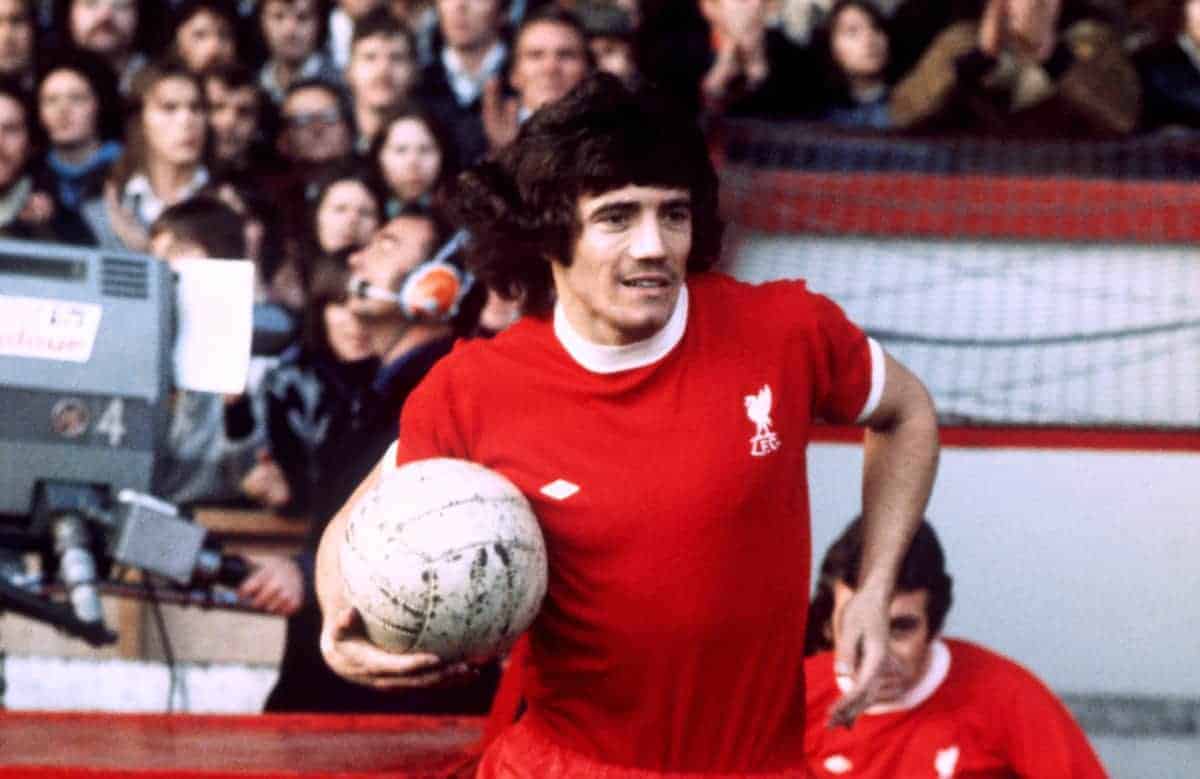
He had told his team-mates the news before the game. A new challenge abroad beckoned. Many Liverpool fans were angry with him, some called him a mercenary and suggested he was motivated by money.
However, his 20 goals in all competitions in his final season meant none of us could accuse him of shortchanging us during his long goodbye.
The Reds’ opening four games were hardly an indicator of the season that lay ahead, though. They would win the Anfield opener against Norwich by a single goal and repeated the feat away to West Bromwich Albion, before crashing to a 2-1 reverse away to Birmingham City.
Their first taste of domestic cup action came against The Baggies, in the League Cup. After a 1-1 draw at home in the first leg, Paisley’s men would be dumped out of the competition after a 1-0 defeat at the Hawthorns.
Bob would later joke that the League Cup was a ‘Mickey Mouse’ competition anyway. It was a tongue-in-cheek remark, but it was fair to say that the Reds had bigger fish to fry.
Summer sun and European breaks
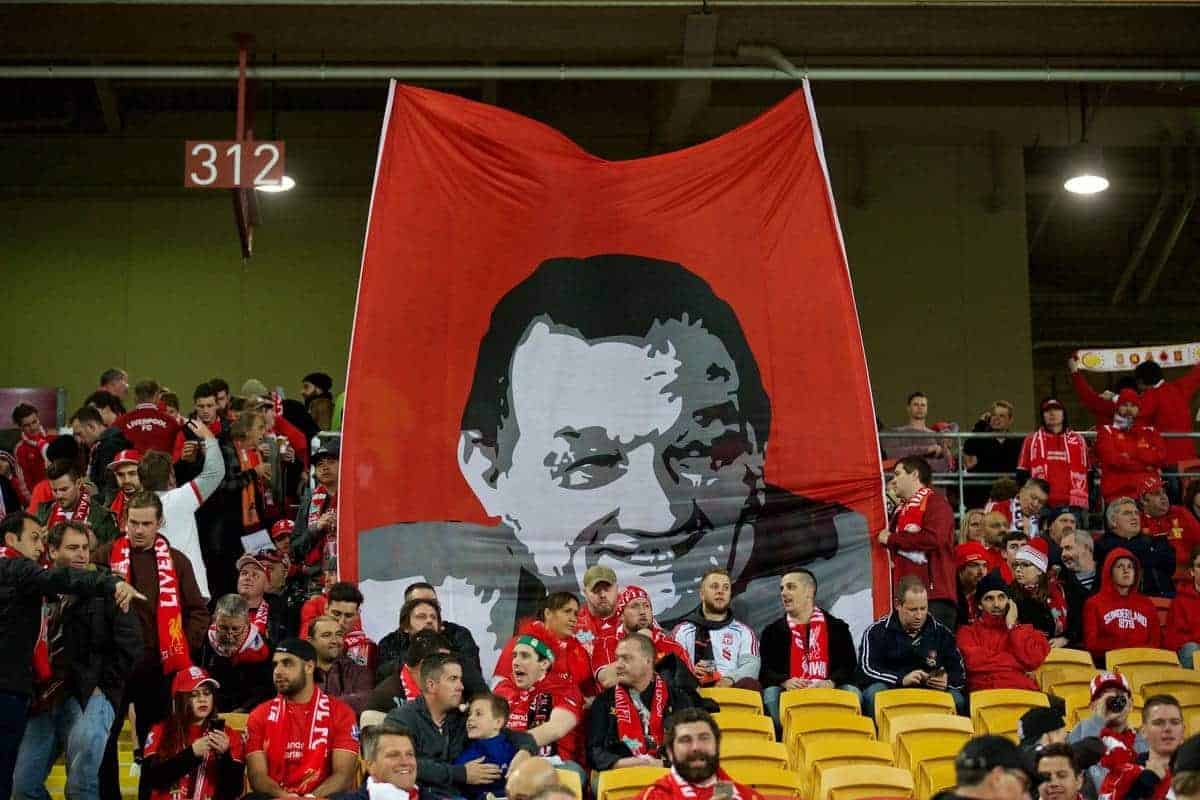
September brought no respite from the heat. Southampton had recorded the highest temperature in UK history, and drought conditions had spread to Yorkshire, as Britains were being urged to conserve water by sharing baths.
This was the year of Prime Ministerial resignations, Punk Rock, prison riots and the Ford Cortina Mark IV, but Paisley’s Red Men were barely out of second gear.
September also saw Liverpool compete in the 1st round of the European Cup, against Irish outfit Crusaders. With the team struggling to hit top gear, Paisley had to call for “all-out action”.
David Johnson was given a run-out with Keegan and Toshack up front. It was an attacking lineup, but it failed to live up to expectations.
Liverpool won the game 2-0, thanks to a Phil Neal penalty in the first half and another from Toshack in the second. It was far from scintillating fare, and the crowd of just over 22,000 would grow frustrated as the Reds attack seemed to run out of ideas.
The boss was far from impressed and admitted he wanted more goals. the pressure was now on the Reds in the second leg, he said. However, where their touch had let them down in the home leg, they found form in glorious fashion in the second.
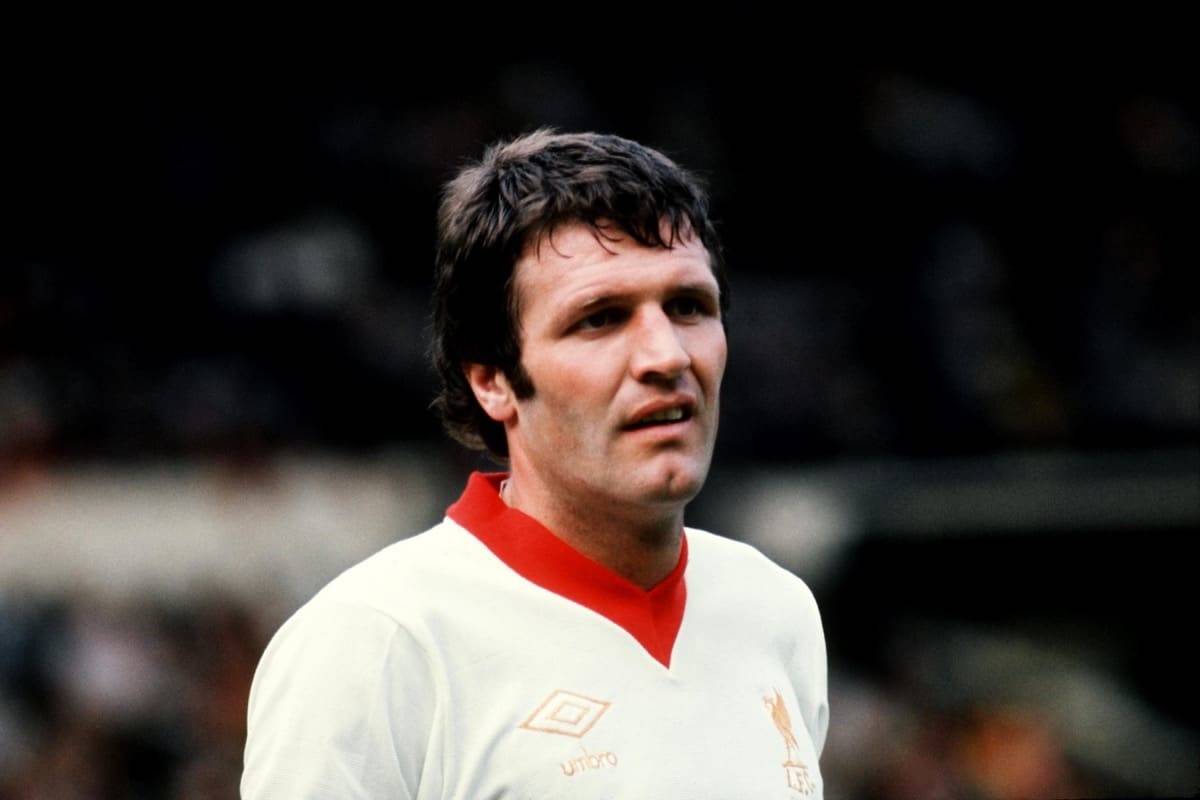
The Reds took the trip to Belfast with the weigh of the world on their shoulders. The feeling that they should have made their quality pay in the first leg was prevalent.
They would win the game 5-0 at Seaview, but the scoreline doesn’t paint the full picture.
The Irishmen put up a brave fight. After Liverpool went ahead through Keegan, the expected avalanche failed to immediately arrive. Crusaders continued to frustrate and the Reds laboured, until the last 10 minutes of the game.
Eventually, the dam burst, and Liverpool plundered four goals in nine minutes: Johnson (81), McDermott (84), Heighway (87) and Johnson again (90). Now, the Turkish champions, Trabzonspor, lay in wait.
This was a far-flung destination, beyond the reach of Scousers, struggling with low pay and inflation. Rumour has it one Liverpudlian made the journey for the first leg; what an adventure he must have had, despite the Reds losing the game 1-0.
The return fixture saw Liverpool cruise, and Anfield seemed to be warming to European competition. Perhaps realising that their team needed them, more than 42,000 flocked to L4 to cheer their side on.
Three goals from Heighway, Johnson and Keegan in the first 20 minutes were enough to see the Turkish side off.
Table-toppers
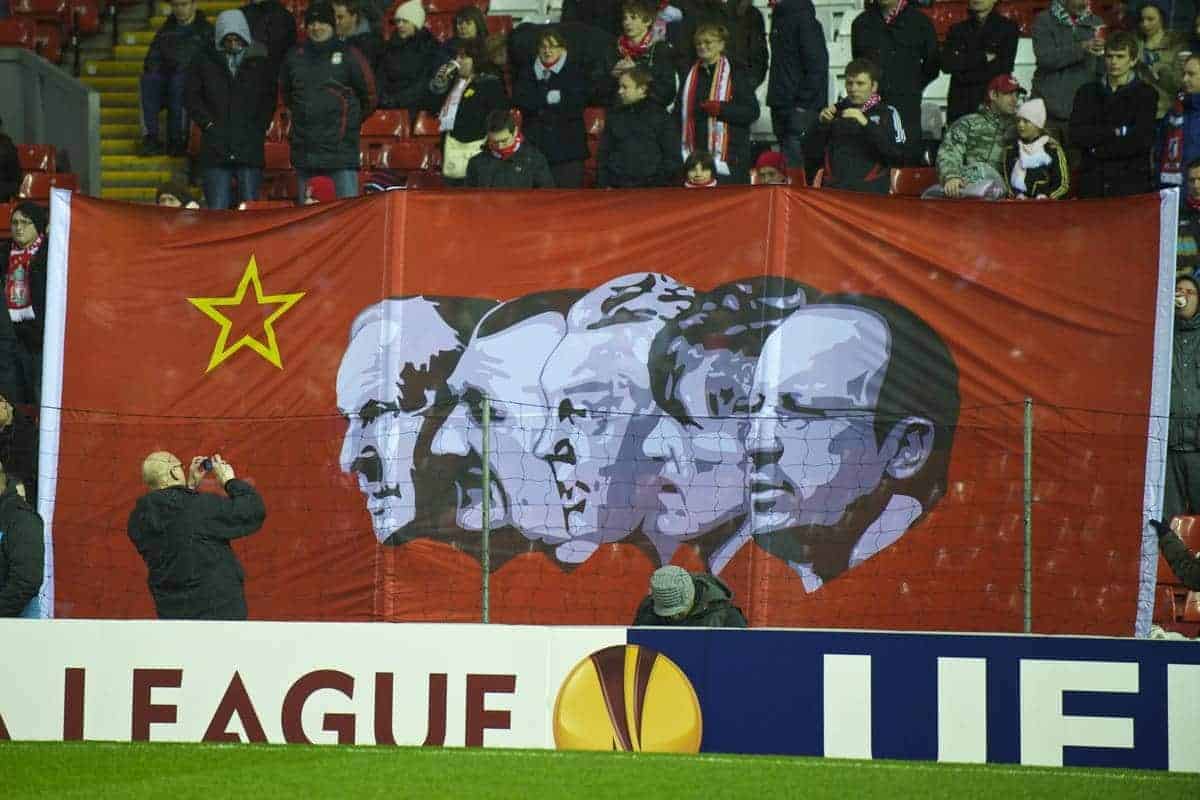
It was now November, temperatures were more bearable, the Reds had won the Merseyside derby 3-1 at Anfield, were three points clear of Ipswich at the top of the league and could put Europe to one side until after Christmas.
December was not a great month for Paisley’s men. They slumped to three defeats to Ipswich, Aston Villa and West Ham.
The game away to Villa was particularly bruising, with Liverpool on the wrong end of a 5-1 thrashing. All six goals came in the first half, with Ray Kennedy notching the Reds lone riposte. A brace from Andy Gray, who would go on to play for Everton and embarrass himself on Sky Sports years later, contributed to Liverpool’s demise.
Nevertheless, at the dawn of 1977, The Red Men were still top of the league and gearing up for their assault on the FA Cup.
They would make it all the way to the final, dispensing of Crystal Palace, Oldham Athletic and a Middlesborough side that boasted a certain Graeme Souness in its ranks, to set up a semi-final against Everton at Maine Road.
The game was a classic, with Terry McDermott chipping Everton‘s David Lawson early on to put the Reds in front. It was a goal of sublime brilliance, but it was cancelled out by a Duncan McKenzie strike.
Jimmy Case probably thought he’d put Liverpool in the final, with a goal on 73 minutes—but Bruce Rioch had other ideas, snatching an equaliser in the 82nd and the two Mersey rivals were destined for a replay four days later.
Liverpool won the game 3-0, but it wasn’t without controversy and Welsh referee, Clive Thomas would become a pantomime villain for Everton fans for decades to come.
After Phil Neal had put Liverpool in front from the spot on the half-hour mark, Thomas disallowed an Everton leveller. Replays showed the goal should have stood, and to this day Blues still complain about it—just as with a last-minute would-be winner in the first game. Sweet.
With the game delicately poised at 1-0 into the last two minutes, it could have gone either way. However, Jimmy Case and Ray Kennedy sealed the Reds’ spot in the final with goals in the 88th and 89th minutes.
To glory, success and silverware
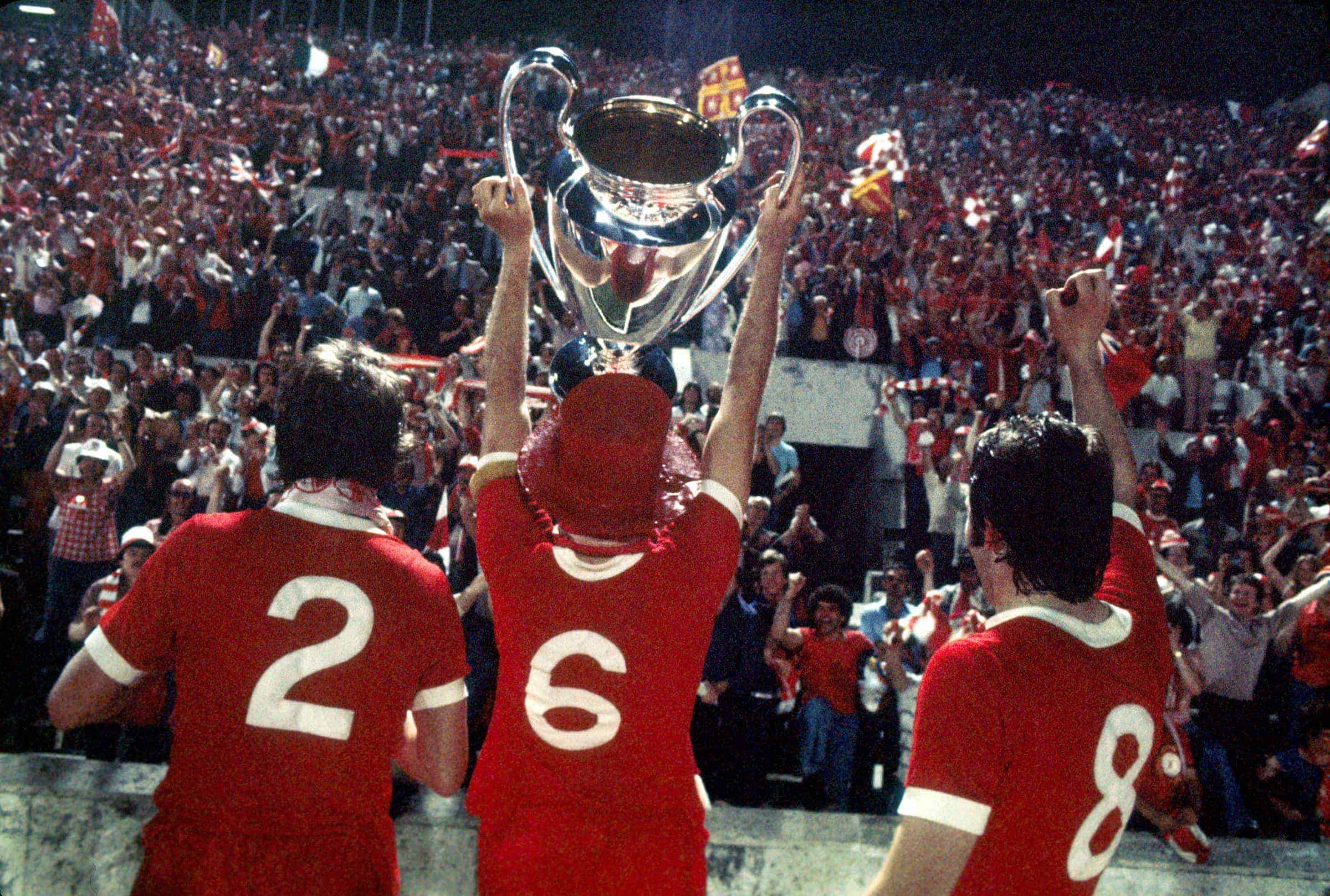
This was turning into a season of epic proportions, with Bob Paisley on course for a historic treble of FA Cup, League Championship and European Cup. The Reds had booked their place in the Rome final, against Borussia Moenchengladbach courtesy of victories over St Etienne and FC Zurich.
The latter had been a 6-1 aggregate walk in the park, but the game against the French Champions in the quarter-final has become the stuff of Anfield legend.
In 2005, a Scouse lad called Steven Gerrard propelled Liverpool on the road to Istanbul with a late goal against Olympiakos at Anfield.
Wind the clock back 28 years and it was another local lad, David Fairclough, who did the honours.
Just as Gerrard had, Fairclough has scored in the 84th minute to rescue his side. He had done it from the substitutes bench; with time running out, Liverpool led 2-1. It wasn’t enough though, as they had lost the first leg 1-0 and their opponents had a precious away goal.
That’s when a carrot-topped kid from Cantril Farm, Liverpool, achieved immortality.
Latching onto a Ray Kennedy long ball, he raced into the penalty area, smashed his shot low into the net and sent Anfield into frenzied celebration.
As the Kop bellowed Allez Les Rouge, St Etienne crumbled and, in the gantry high above the Main Stand, TV crews felt the stadium rocking. The ensuing chant of ‘We shall not be moved,’ was sung with such ferocity, it could be heard for miles around.
After dispatching Everton in the FA Cup, Liverpool, who had also been in a dog-fight with Bobby Robson’s Ipswich Town, stood a point clear at the top of the table. The Tractor Boys would be their next opponents, at Anfield on 30 April.
With just six games to go, Robson’s men had the chance to wrest the initiative from Liverpool. It would prove to be a tense affair.
With the game passing the hour mark, both sides were deadlocked at 0-0. Technically a draw wouldn’t have been a terrible result for Liverpool, but the 56,000 inside the ground would have been chewing their fingernails down to the bone.
They would be sent into raptures though, when quickfire goals from Ray Kennedy and Kevin Keegan, put Liverpool in the driving seat with just over a quarter of an hour to go.
The Kop sang ‘we’re going to win the league, and now you’re going to believe us, we’re going to win the league.’
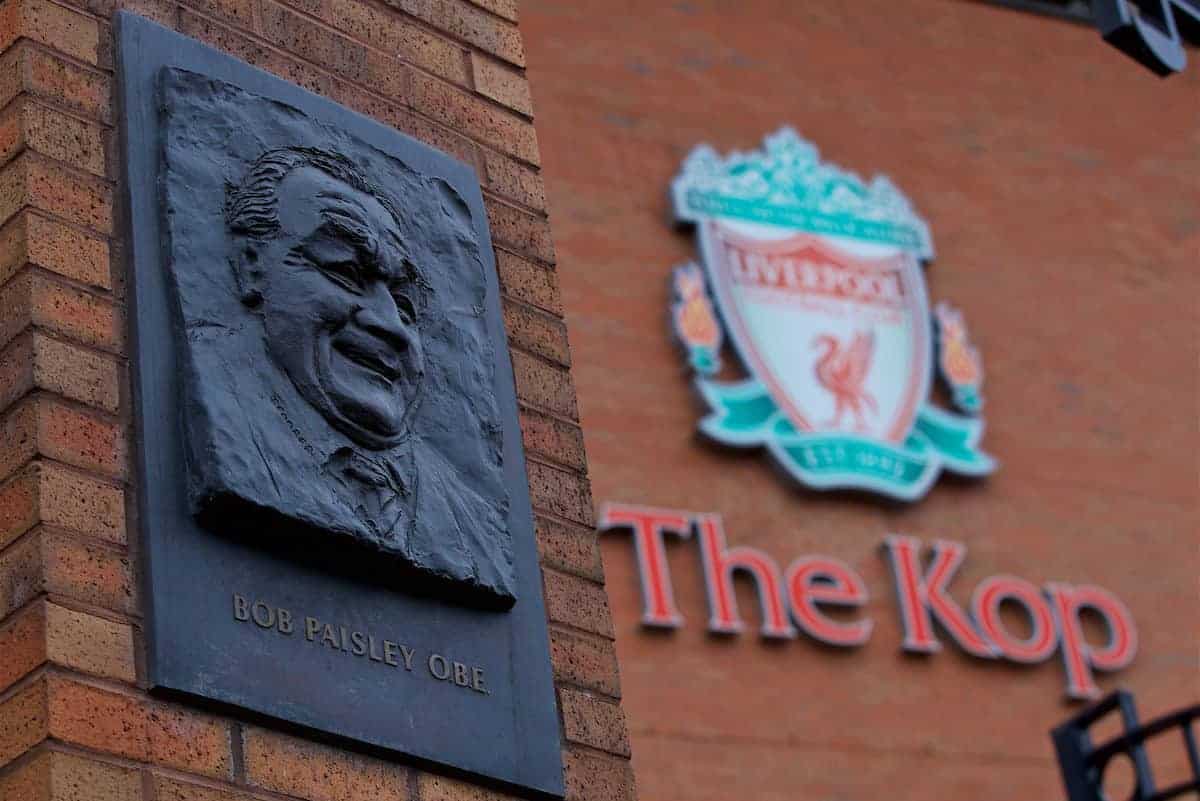
Future Liverpool star, John Wark, hadn’t read the script though. In the 86th minute he set Kopite nerves jangling when he converted a penalty—but Liverpool held out to go three points clear at the top of the table.
Liverpool would clinch the title with a goalless draw at home to West Ham on 14 May; they had a game to spare, which they lost 2-1 to Bristol City, but were now just two games from greatness.
First up was the FA Cup final against Manchester United.
It would be a game that would come to life and be settled inside five second-half minutes. United’s Stuart Pearson put the Red Devils in front just after the break, only for Jimmy Case to level within a minute.
After enduring a goalless first half in the Wembley sunshine, supporters of the two North West giants barely knew what had hit them. Then Jimmy Greenhoff put United back in front. The Reds couldn’t regain the initiative, and Tommy Docherty’s men had robbed Paisley of a treble.
Let’s talk about one, Paisley
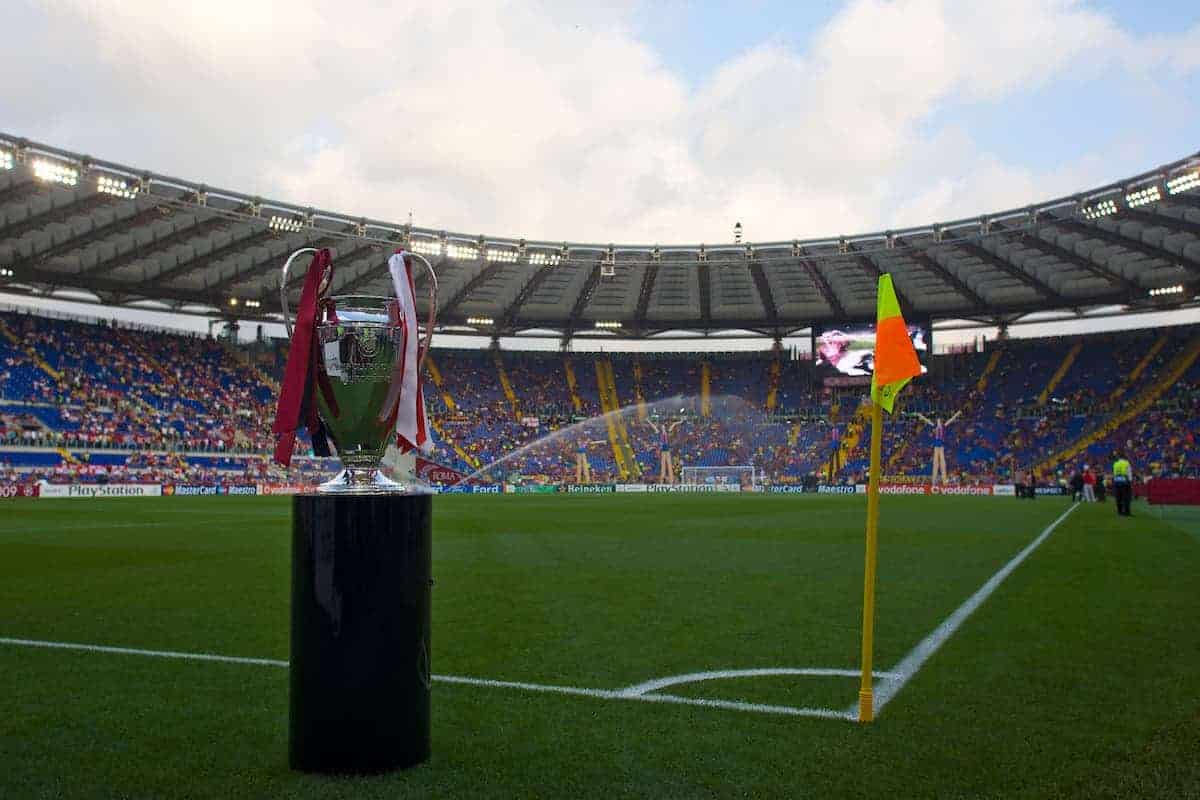
Liverpool fans, leaving London, were preparing for foreign adventures at the Stadio Olimpico and worrying whether the Red Men could overcome their disappointment and lift the club’s first ever European Cup.
This was a silver jubilee year, and despite the extravagance of street parties and telephone lines draped with Union Jack bunting draped over telephone wires, money was in short supply in Liverpool. That didn’t stop enterprising Reds from finding their way to Rome though.
Nothing could stop Liverpool supporters from making the journey. Furniture was sold, husbands sold family cars from under their wives’ noses and claimed they had been stolen, others did odd jobs or found more illicit ways of raising the cash.
In the end, tens of thousands travelled and turned the Italian capital red. Then, on the 25 May, 1977, Bob Paisley got ready to win the first of his three European Cups.
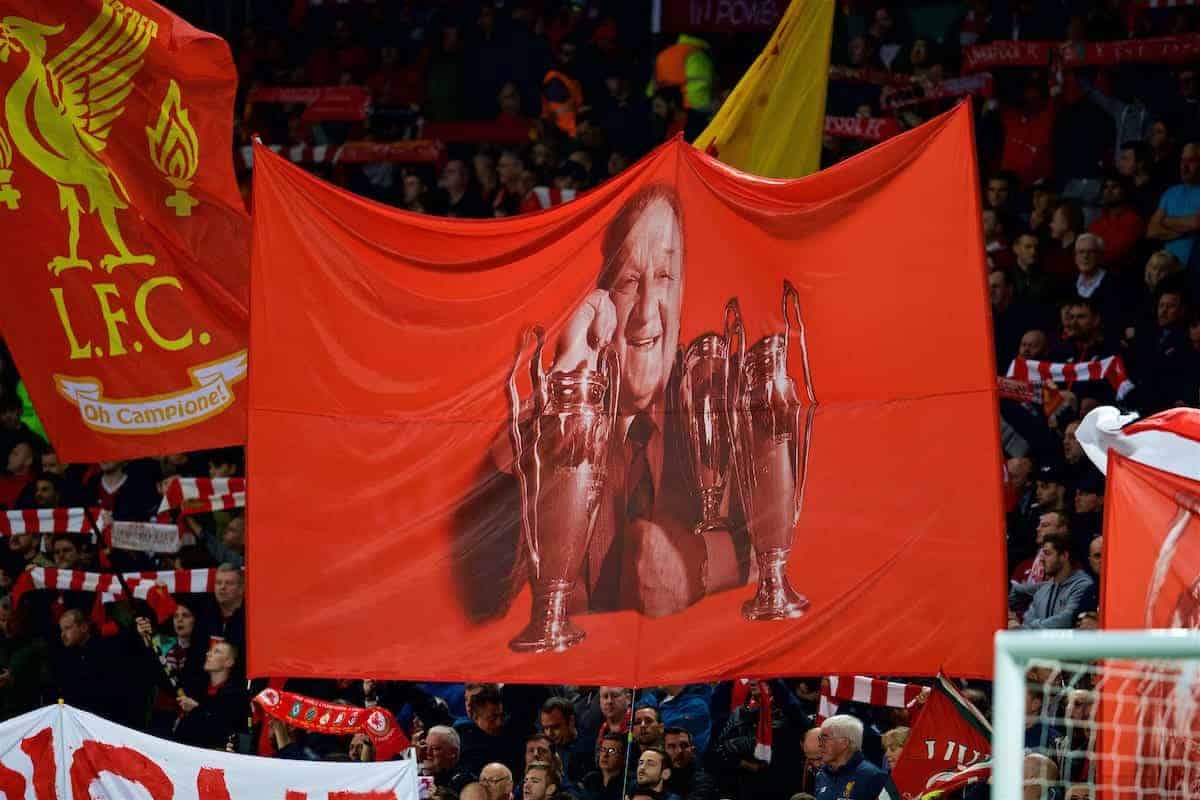
The players would be shocked by the sheer volume of Reds who’d made the journey. As they warmed up, the noise from the vast ranks of Liverpool supporters had been enormous and their banners were both inventive and hilarious.
One of them, described by Liverpool-born poet and playwright Dave Kirby as the mother, father and grandfather of them all, was an ode to fan favourite Joey Jones. It was designed by the late Phil Downey, and it declared ‘Joey at the frogs legs, he made the Swiss roll and now he’s munching Gladbach.’
Paisley’s team, captained by Emlyn Hughes, would be inspired and got off to a dream start.
In the 27th minute, Terry McDermott put the Reds 1-0 up. The crowd erupted in jubilation. Those massed red and white chequered flags wafted furiously.
It would stay 1-0 until the 51st, when the Germans hit back through Allan Simonsen, stunning the Liverpool support. The Reds, who had tasted defeat at Wembley just four days earlier, were not about to be denied.
There was too much at stake, too many people had sacrificed to be there, for them to simply roll over.
Just after the hour mark, Liverpool won a corner. Steve Heighway floated the ball into the penalty area and Tommy Smith rose majestically to head the ball home. There was an explosion of sound and Scousers began to dream.
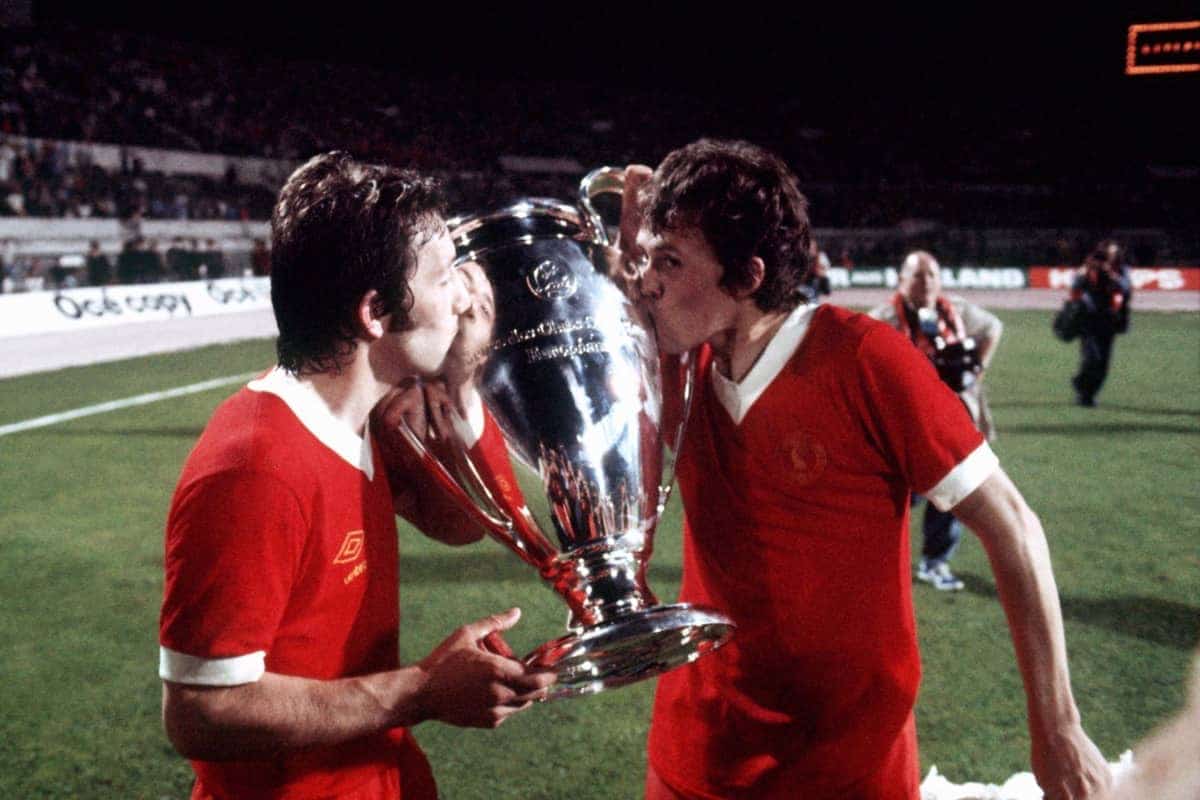
Liverpool clinched victory with a Phil Neal penalty in the 82nd minute, dispatched with a coolness that belied the nerve-shredding tension inside the stadium.
To quote the matchday commentary, ‘And with such simplicity, the European Cup is surely won.’
In truth, Paisley’s achievements were anything but simple.
He had replaced a living legend in Bill Shankly. We’d have been happy if he had just kept things ticking over.
Instead, he would elevate the club to levels never seen before. In 1977, Bob made us Kings, not just of England, but of all of Europe.
Liverpool, 1976/77
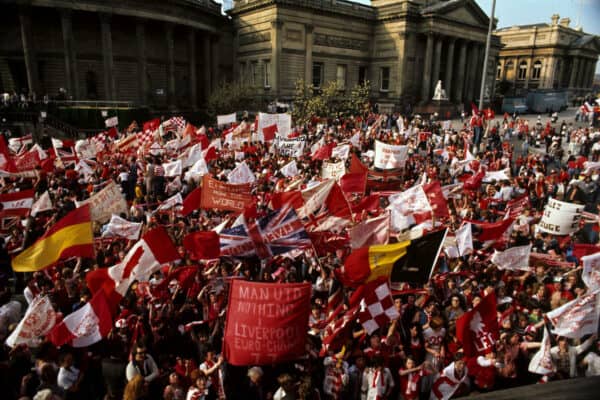
Manager: Bob Paisley
Captain: Emlyn Hughes
Top Scorer: Kevin Keegan (20, all competitions)
Most Appearances: Ray Clemence, Emlyn Hughes (62, all competitions)
League Position: 1st
FA Cup: Runners-up
League Cup: Second round
European Cup: Winners
Charity Shield: Winners
Total games: 62
Games won: 36
Games drawn: 14
Games lost: 12
Clean sheets – league: 18
Clean sheets – overall: 27
Total goals: 103
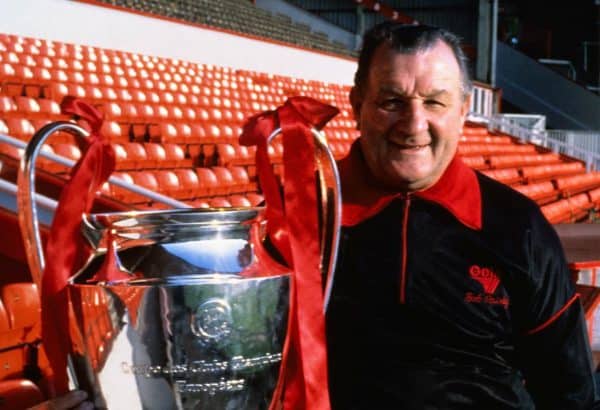

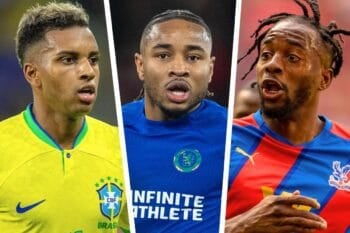
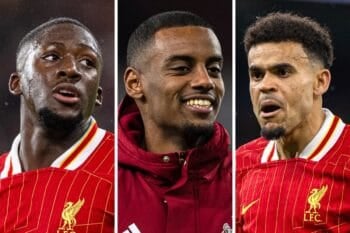
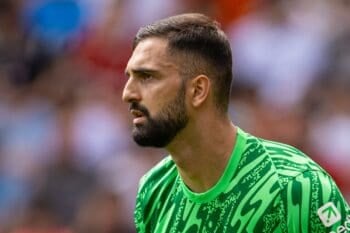
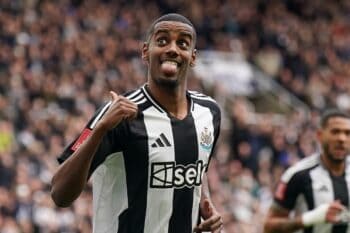
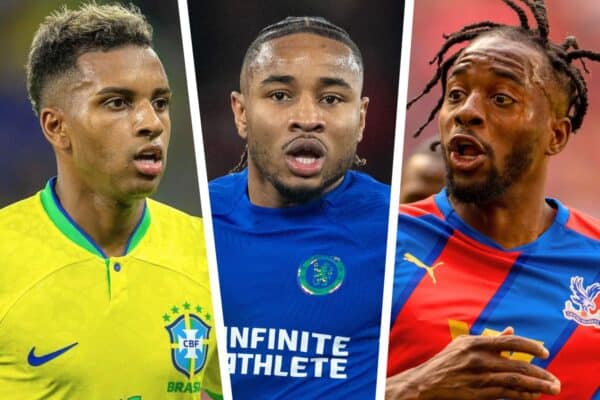
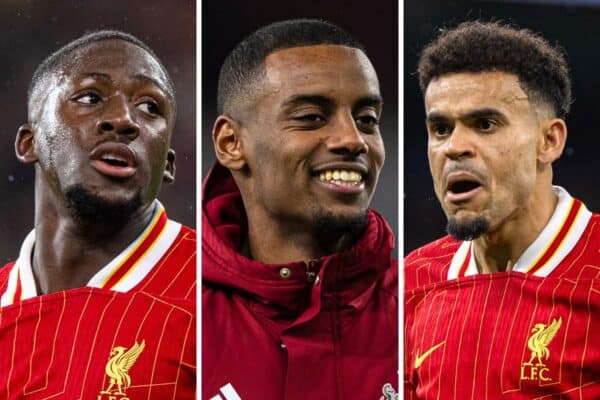
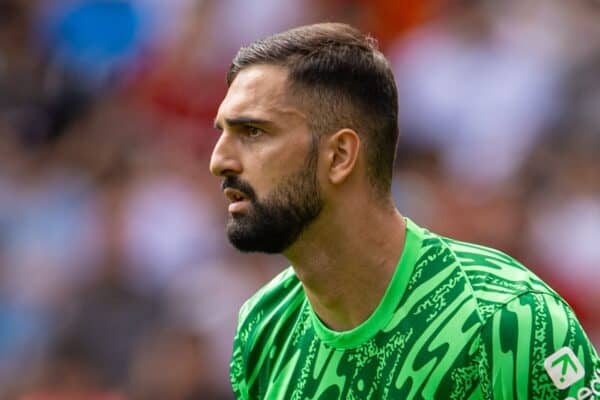
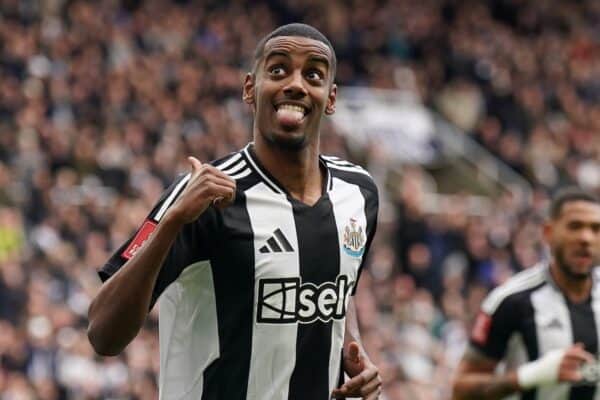
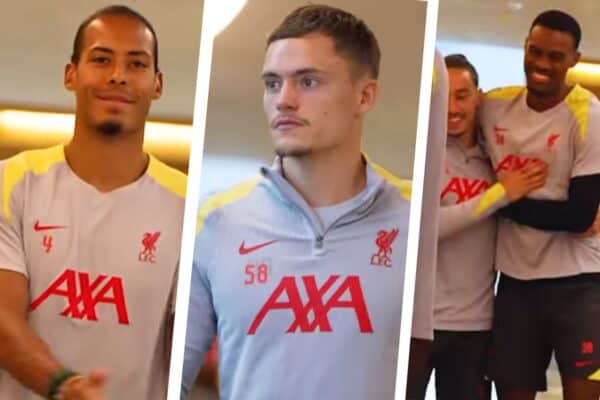
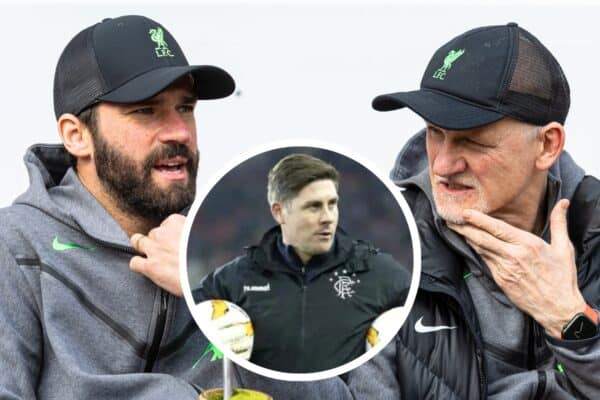
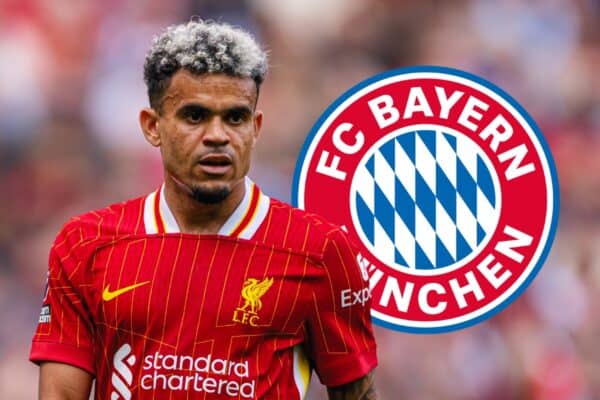
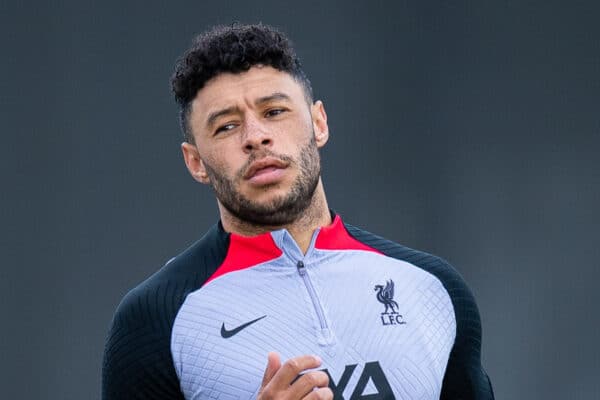
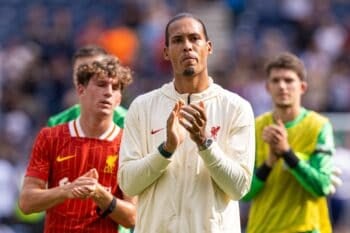
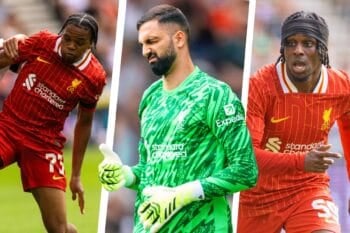
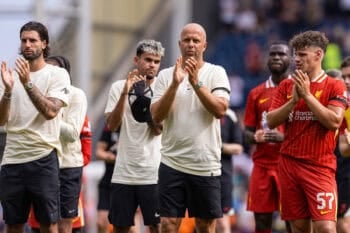

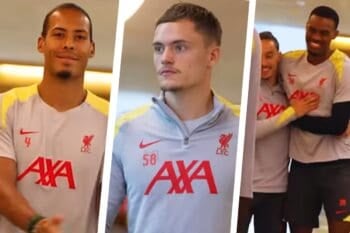
Fan Comments